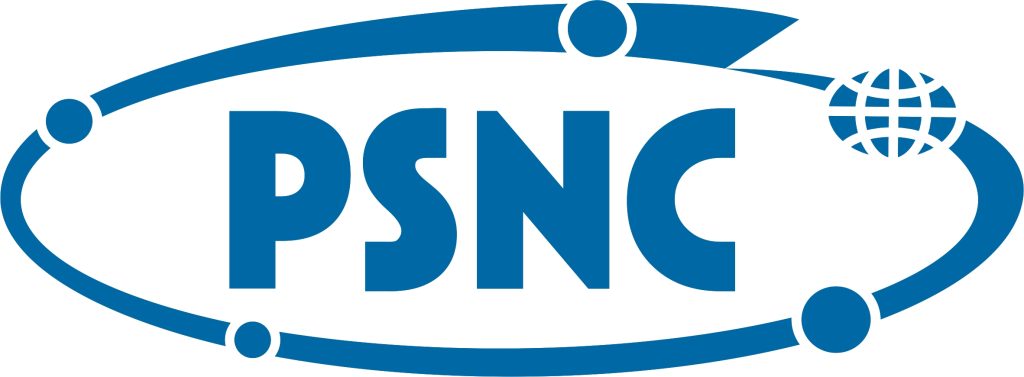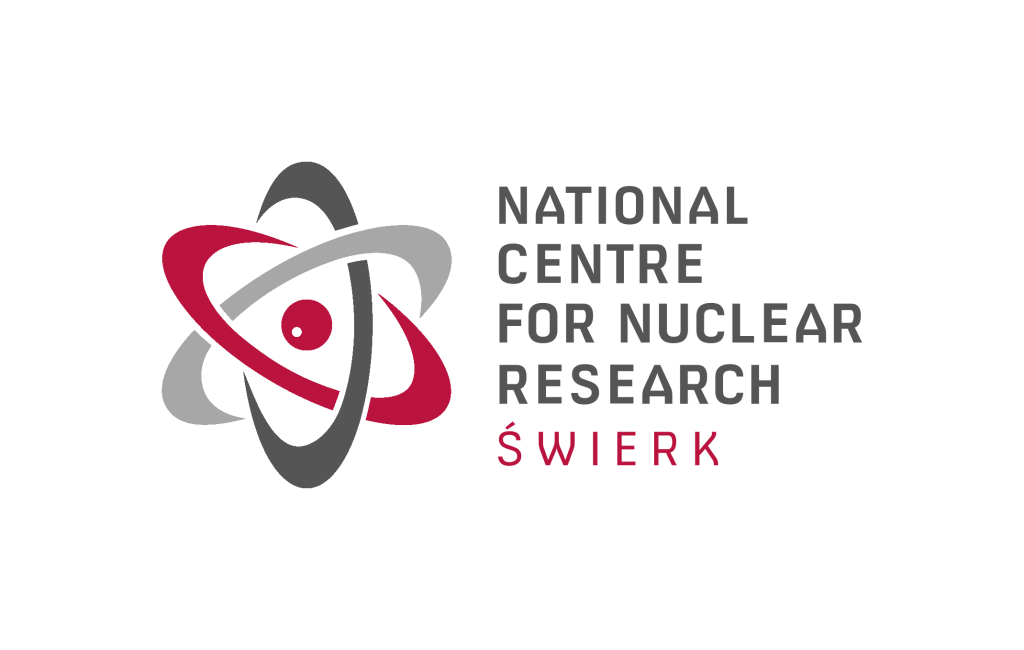PH.D. TYMOTEUSZ SAWIŃSKI
INSTITUTE OF GEOGRAPHY AND REGIONAL DEVELOPMENT, CLIMATOLOGY AND ATMOSPHERIC PROTECTION FACULTY, UNIVERSITY OF WROCLAW
PH.D. TYMOTEUSZ SAWIŃSKI
INSTITUTE OF GEOGRAPHY AND REGIONAL DEVELOPMENT, CLIMATOLOGY AND ATMOSPHERIC PROTECTION FACULTY, UNIVERSITY OF WROCLAW
“Do you know what are you breathing in?” Information and education campaign for cleaner air LIFE – MAPPINGAIR/PL

PROJECT OBJECTIVE
Problem
Information and education of the public on air quality issues and ways to improve it in Central Europe on the example of the Wrocław and Bydgoszcz agglomerations.
Project objective
Increasing the environmental awareness of residents.
Increase residents’ awareness of the impact of air quality on health.
Increase acceptance of administrative action to improve air quality.
Increase residents’ involvement in personal action to improve air quality.
Tasks
Design and implementation of an educational portal based on MOOC technology. The portal includes courses/training and a knowledge base on air quality, the environmental and health effects of air pollution and ways to reduce emissions, as well as an air pollution emission and dispersion calculator.
Modernisation and expansion of the region’s air quality information system.
Design and implementation of a social monitoring system, including the preparation and installation of low-cost sensors together with a data transmission system and the integration of the measurements’ results carried out as part of the built measurement network with NaszePowietrze geoportal.
Planning and carrying out information and education campaigns “Do you know what you are breathing in?” together with educators’ training.

TASKS FOR THE SUPERCOMPUTER
One of the tasks of the project is the operational forecasting of air quality at high temporal and spatial resolution (forecast range: 72 h, temporal resolution: 1 h, spatial resolution for domain Poland: 4 km, for subdomain 1 km: 50 m), using WRF-Chem, EMEP and uEMEP forecasting models, and making forecasts operationally available to the public. This requires significant computational resources, the resources necessary to process and make the data publicly available and to archive the data, as well as specialised software to perform the above tasks. It also requires a team of specialists with the competence and experience necessary to carry out the programming work involved in developing, implementing and maintaining the forecasts, both on the computational side and on the side of presenting and making the data available.
01.
Operational calculations for the preparation of air quality forecasts (currently using the WRF-Chem model, in preparation – using the EMEP and uEMEP models, as well as calculations for combined forecasts using the WRF-Chem and EMEP models).
02.
Calculations related to the visualisation of spatial data obtained from modelling and the operational sharing of these data within the air quality forecast geoportal https://prognozy.uni.wroc.pl/.
03.
Archiving of data obtained from modelling.
04.
Measurement data sharing from the open air quality monitoring network, organised within the LIFE-MAPPINGAIR/PL project, available. Archiving measurement data flowing from the sensor network (40 devices located in the Wrocław and Bydgoszcz agglomeration area), processing measurement data for the purpose of making them available on the Internet, development and maintenance of a service making measurement data available to the public: https://airquality.uni.wroc.pl/.
05.
Preparation of a MOOC educational platform, providing courses and training and integrating educational and informational tools (forecasting portal, portal with results of air quality measurements carried out within the open measurement network, other educational tools) related to air quality issues, health effects of exposure to poor air quality and air quality improvement.
BENEFITS OF COOPERATION WITH WCSS
- Reduction in computing time required to operationally run and maintain forecasts and other project tools.
- Increasing the accuracy of calculations to enable air quality forecasting with appropriate temporal and spatial resolution.
- Substantive cooperation related to increasing the efficiency of project tasks. This is made possible by optimising computational tasks and ways of visualising and making data and information available to the public.
- Ensuring scalability.
72 h
SCOPE OF PROGNOSIS
1 h
TIME PERIOD
4km
SPATIAL RESOLUTION FOR THE POLISH DOMAIN

PM10 particulate matter concentration modelling results – PM10 concentration forecast for 18 January 2021 20:00 hrs, provided on NaszePowietrze: http://prognozy.uni.wroc.pl.
EFFECTS
Portal providing air quality forecasts for Poland: http://prognozy.uni.wroc.pl (currently forecasts based on the WRF-Chem model are made available, tools for making forecasts from the EMEP and uEMEP model and combined forecasts are under preparation).
Portal providing data from sensors of the open air quality monitoring network: http://airquality.uni.wroc.pl (currently in test version).
Educational portal containing MOOC courses and educational tools related to air quality issues: https://mooc-life.e-science.pl.
RECOMMENDATION
RECOMMENDATION
“The computing resources of the WCSS are one of the cornerstones of the efficient and effective implementation of the LIFE-MAPPINGAIR/PL project.
The WCSS is an excellent partner for both scientific tasks and application tasks related to the dissemination of knowledge and access to socially relevant information. The Centre’s resources and the competent and efficient team of staff involved in the tasks contribute to this.”
PH.D. TYMOTEUSZ SAWIŃSKI
INSTITUTE OF GEOGRAPHY AND REGIONAL DEVELOPMENT, CLIMATOLOGY AND ATMOSPHERIC PROTECTION FACULTY, UNIVERSITY OF WROCLAW











